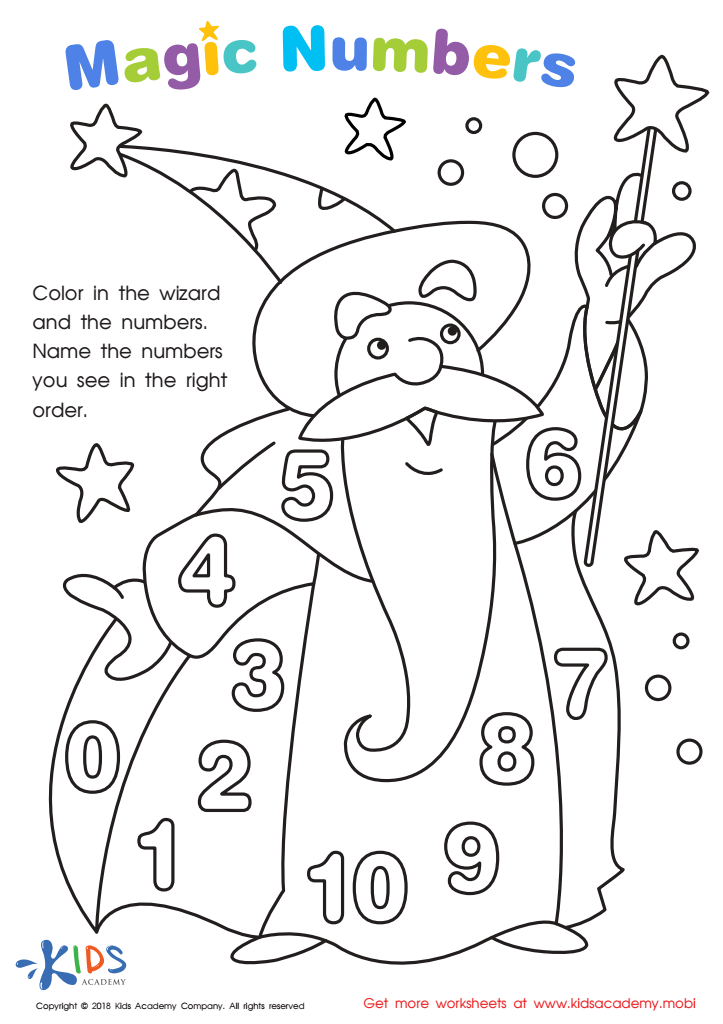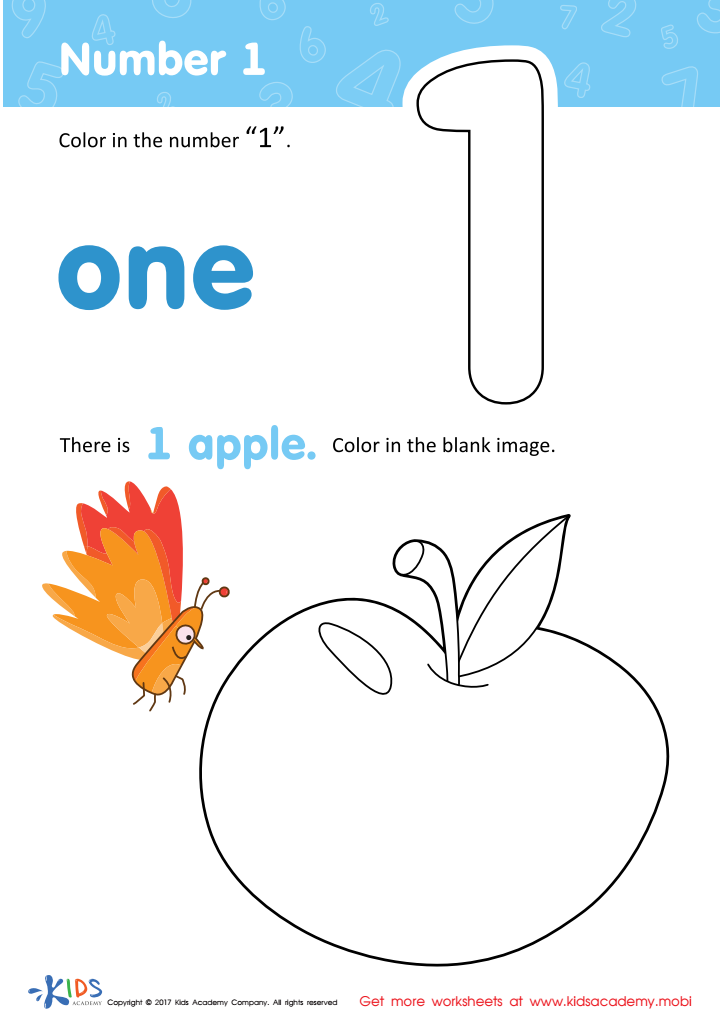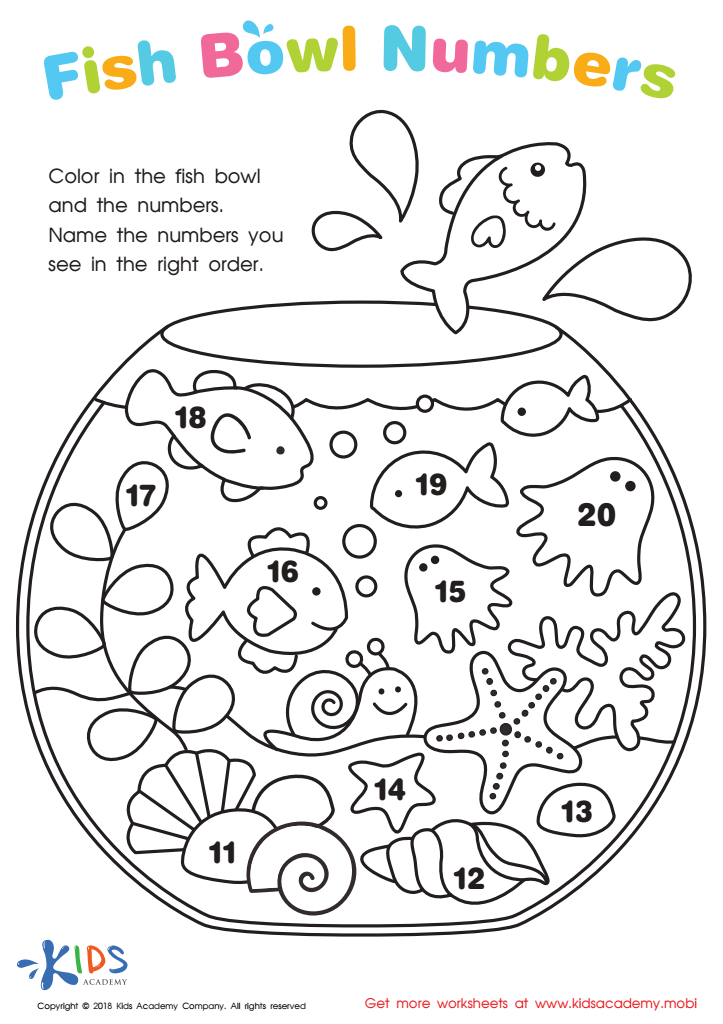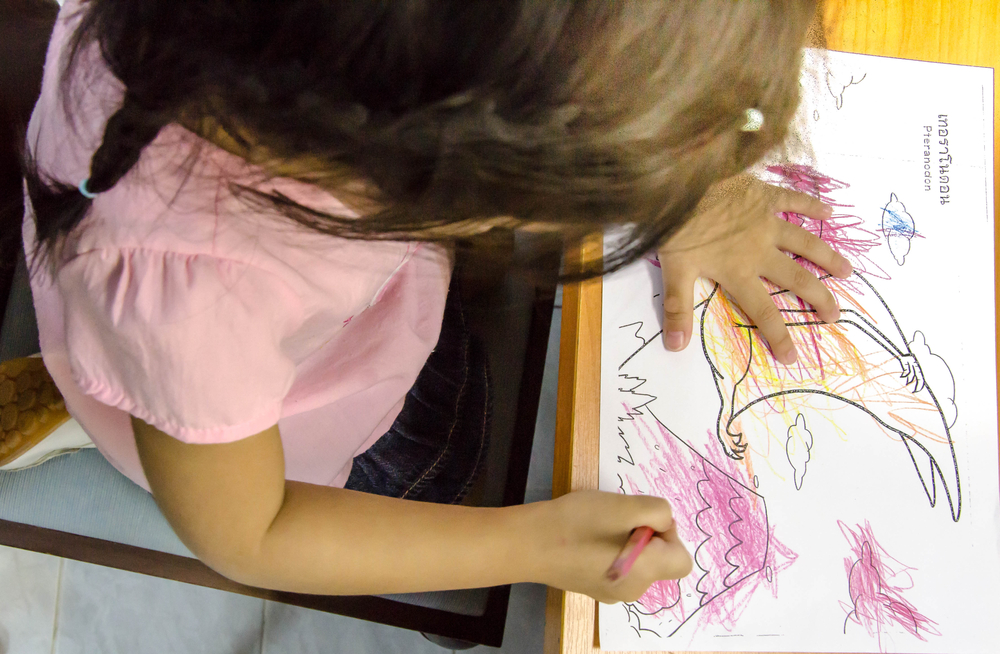Extra Challenge Math Coloring Pages Worksheets for Ages 3-7
3 filtered results
-
From - To
Looking for fun, engaging, and educational activities for young learners? Our Extra Challenge Math Coloring Pages Worksheets for Ages 3-7 are perfect! Designed to make math enjoyable, these printable worksheets combine essential math skills with creative coloring. Children will solve math problems and explore patterns while bringing vibrant pictures to life. Ideal for enhancing number recognition, counting, addition, and subtraction skills, these worksheets provide both challenge and enjoyment. Perfect for at-home learning or classroom activities, they’re a fantastic way to inspire a love for math in young minds. Download and print your extra challenge math coloring pages today!


Magic Numbers Worksheet


Number 1 Printable


Fish Bowl Numbers Worksheet
Parents and teachers should care about Extra Challenge Math Coloring Pages for ages 3-7 because they merge education and fun in a way that caters to early development. These pages integrate basic math concepts—like counting, addition, and subtraction—with the engaging activity of coloring, maintaining young children’s interest while they learn. Coloring is a valuable developmental exercise that enhances motor skills, improves hand-eye coordination, and fosters creativity. When these physical activities are combined with cognitive challenges, the learning process becomes holistic and more effective.
Children in the 3-7 age range are at a crucial stage for foundational learning, and these pages can cater to various educational needs. They help with number recognition and basic math operations while coloring within lines and themed shapes aid focus and concentration. In a classroom setting, these activities encourage constructive peer interaction, cooperative learning, and problem-solving skills.
Furthermore, such pages can be adapted for different learning styles. For visual learners, colorful visuals can make abstract math concepts more concrete. Artistic tasks can make math less intimidating and more accessible, giving children who might otherwise struggle with traditional methods another pathway to success. Tailoring education to match instinctive learning styles consequently builds confidence and prepares children for more complex academic tasks in the future.
 Assign to My Students
Assign to My Students
















